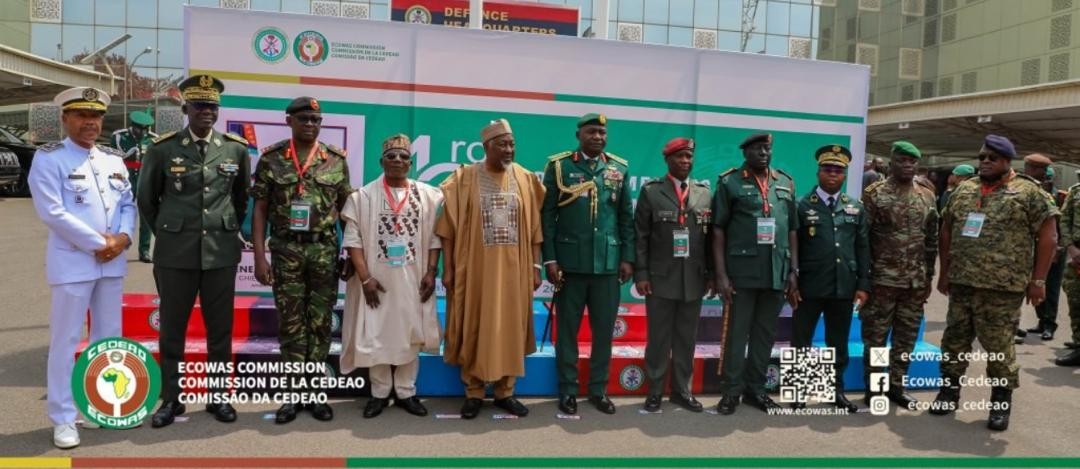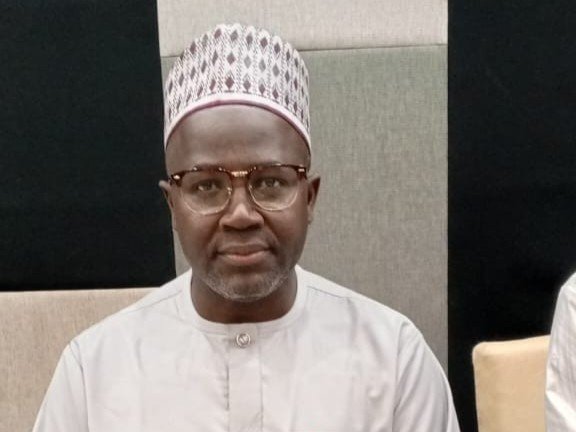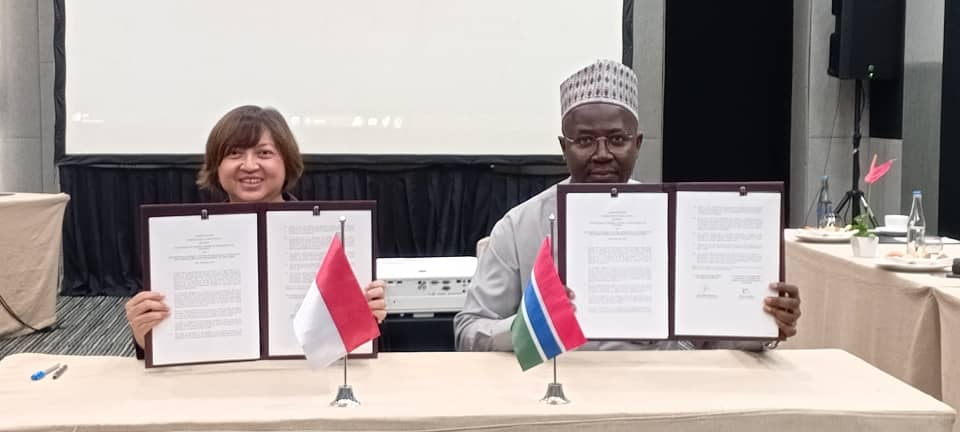The ECOWAS Committee of Chiefs of Defence Staff (CCDS) has successfully concluded a 3-day meeting in Abuja, Nigeria, aimed at reinforcing the region’s commitment to enhancing security and military cooperation.
The meeting, which took place from March 11 to 13, 2025, brought together top military leaders from across West Africa to address pressing security challenges and strengthen collective defense efforts.
Speaking at the closing ceremony, General Christopher Musa, Nigeria’s Chief of Defence Staff and Chairman of the CCDS, emphasised the need for unity in tackling security threats across the region. He noted that while there were areas of concern among member states, the discussions ultimately demonstrated a firm commitment to collective action.
“In the course of our deliberations, we identified critical vulnerabilities to regional security and demonstrated our firm resolve towards addressing these threats,” he said. “As expected, there were areas of concern between members, but more importantly, there was a firm resolve on the need for collective action. This is the spirit of this gathering, which is firmly rooted in our commitment to defending and protecting our peoples from harm and insecurity.”
Over the course of three days, the defence chiefs reviewed and reinforced key security mechanisms within the ECOWAS region. A major focus was placed on the ECOWAS Standby Force (ESF), with discussions centred on reviewing member states’ pledges and ensuring its operational readiness. Additionally, the committee examined new commitments to the ECOWAS Counter-Terrorist Brigade, a crucial initiative aimed at enhancing joint military efforts against terrorism.
Peace support operations also featured prominently in the discussions, with a focus on the rotation of staff officers within Peace Support Operation Divisions and the ESF to maintain efficiency and readiness. Another critical area addressed was the ECOWAS logistics concept and the standard operating procedures for the logistics depot in Lungi, Sierra Leone. These discussions were informed by the findings of government experts, who presented updates on logistical strategies and resource allocation.
In the area of Maritime security, the committee reviewed the latest report from the ECOWAS Chiefs of Naval Staff, focusing on strengthening naval cooperation to combat piracy and illegal activities along West African coastlines. In addition, a presentation was made on the standardization of the Table of Equipment for the ECOWAS Standby Force, ensuring that troops are uniformly equipped and prepared for joint operations.
General Musa expressed confidence that the outcomes of the meeting would translate into concrete actions to strengthen security across the region.
“I am convinced that the results and recommendations from our discussions will directly address the challenges facing our region. These decisions will lead to tangible steps that will further strengthen our collective efforts to achieve a safer and more prosperous Community,” he stated.
The resolutions reached during the meeting reaffirmed the commitment of ECOWAS member states to tackling regional security threats, including terrorism, organized crime, and political instability. With renewed pledges and enhanced cooperation, the region is expected to see a more coordinated and effective approach to defence and security operations.
As West Africa continues to navigate complex security challenges, the outcomes of this meeting mark a significant step toward a more unified and responsive regional security framework. The ECOWAS Committee of Chiefs of Defence Staff is expected to reconvene later in the year to assess progress on the implementation of its strategies.






